Chess is a fantastic game that everyone can play; it is a game that is cognitively engaging and provides several health advantages, regardless of age. It’s a game that helps you focus, concentrate, and think logically. You will eventually recognize patterns due to the game’s intricate moves and aim. Winning is the aim of any game, and getting there is an exhilarating process. Chess has particular rules that must be followed, and as you improve at the game, you will see that learning is a lifetime process. With its endless number of combinations, chess allows you to be both imaginative and inventive.
Chess Details
| Category: Competition, Games/Gaming, Mental, Social | Time: 30-60 min | Skill: Lots |
| Initial Cost: $ (0-50) | Space: little | People: small |
| Long-Term Cost: Low | Makes Money: No | Location: indoor |
Brief History of Chess
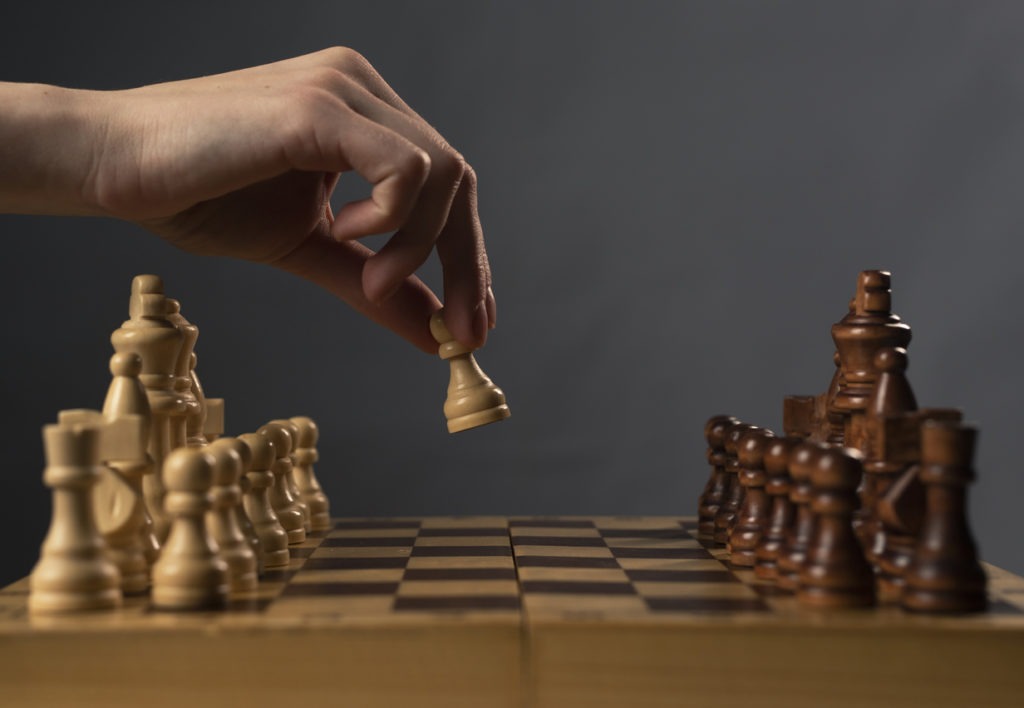
It was initially known as “chaturanga,” which means “four divisions” in this context, and is recognized by Yoga practitioners as the “four-limbed staff stance.” It was dubbed “chess,” which meant “Shah,” or monarch, when it reached Persia. It began in the Arab realm and spread through the Silk Road to East and Southeast Asia, where it took on various features but followed the same rules and techniques. The European version became the standard, but it could have been a very different game if the Japanese version—which enabled players to play captured pieces—had prevailed.
Chess was widely accepted because its basic concepts tap into popular conceptions of competition and conquest among political and military leaders. Sun Tzu’s Art of War, written over a thousand years before “chaturanga” arrived in China, might have emphasized the critical importance of pawns when he declared, “When the officers are valiant, and the troops are ineffective, the army is in distress.”
Chess became a favorite activity for philosophers, authors, and artists once it was removed from the court’s restrictions and played in coffeehouses. Hundreds of treatises were written. Chess became a means for conjuring inspiration and staging dramatic, often Punic games for audiences. This tradition faded during the Cold War when chessboards became proxy battlegrounds between global superpowers and complex calculations dominated the day.
What is Chess?
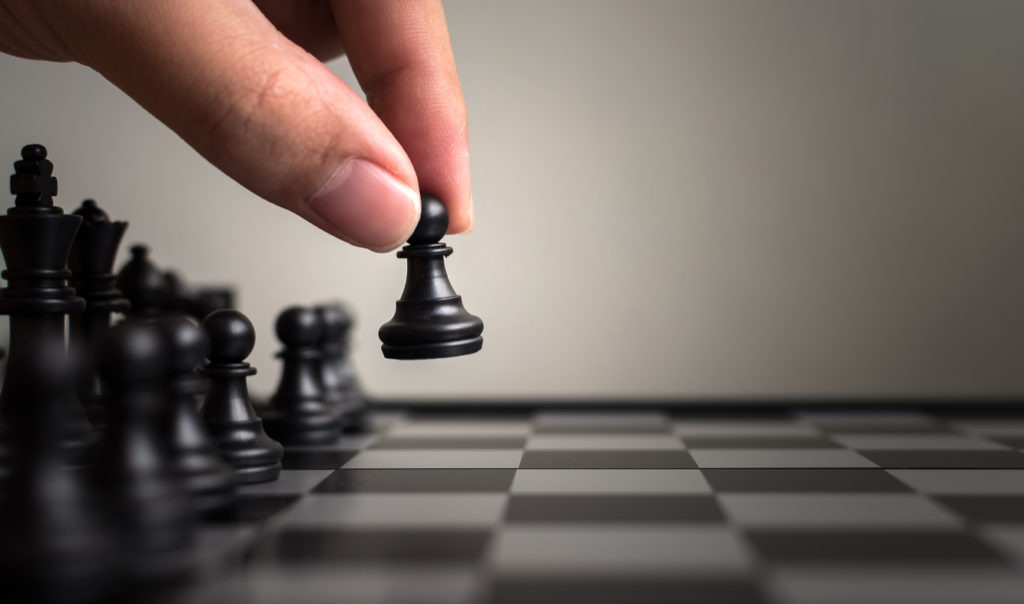
Chess is a two-player strategy board game. It’s played on a chessboard, a square-checkered board with 64 squares in an 8-by-8 grid. Each player is given sixteen pieces: a king, a queen, two rooks, two knights, two bishops, and eight pawns. The game’s object is to checkmate your opponent’s king, which means that your opponent is in check and cannot be removed or defended from an assault on the next move.
Guidelines for playing the game
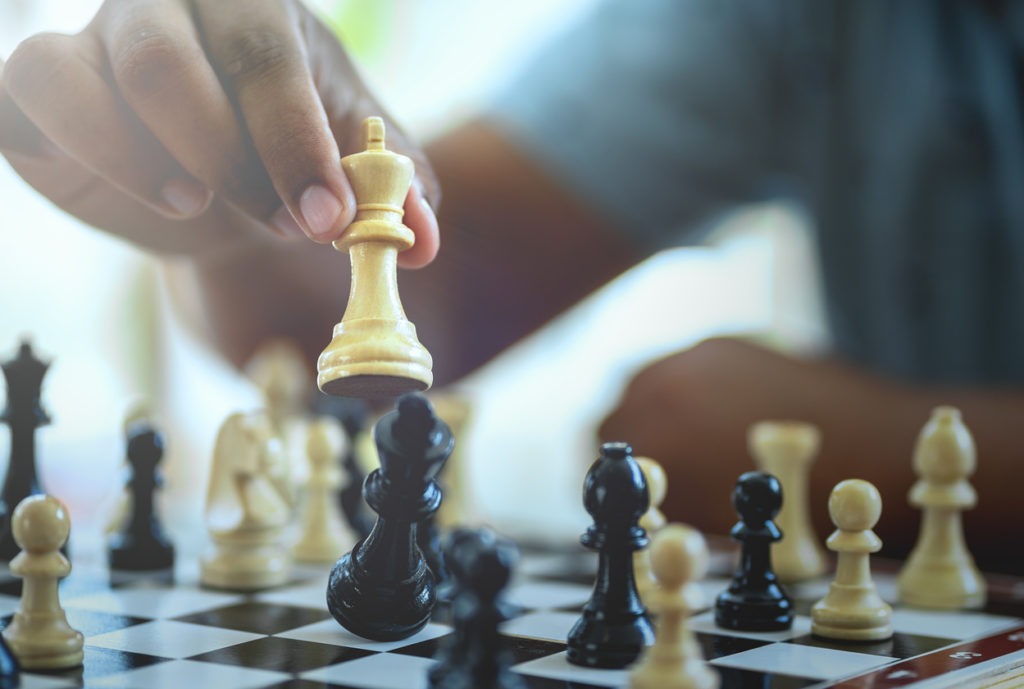
Every piece on the chessboard moves differently. The King is both the most important and the most vulnerable, moving just one square in either direction. When you have a group of Rooks working together, they can move any number of squares along with any rank or file. Bishops, similar to Rooks, can move any number of squares but only diagonally. Unlike the King, the Queen is a solid piece on the chessboard; she can travel in any direction and over any number of squares. The Knights are especially intriguing since they can move in any order as long as they create an “L” by dragging two squares in one direction and then at a 90-degree angle. The Pawns are unique in that their movement is simple, one square upward, but they must advance one square diagonally to capture an opponent piece.
Objectives and Tactics

Since you’ve picked up Chess as a hobby, there are a few easy techniques to follow as a novice.
At all costs, defend your King. Use Castling (A move in which a Rook changes positions with the King) to transfer your King piece to the corner of the board as quickly as possible. Don’t be casual with your pieces; each one is valuable to you, and you’ll need them to checkmate. It would be best if you took control of the board’s center so you may move around more freely.
Free chess resources for beginners
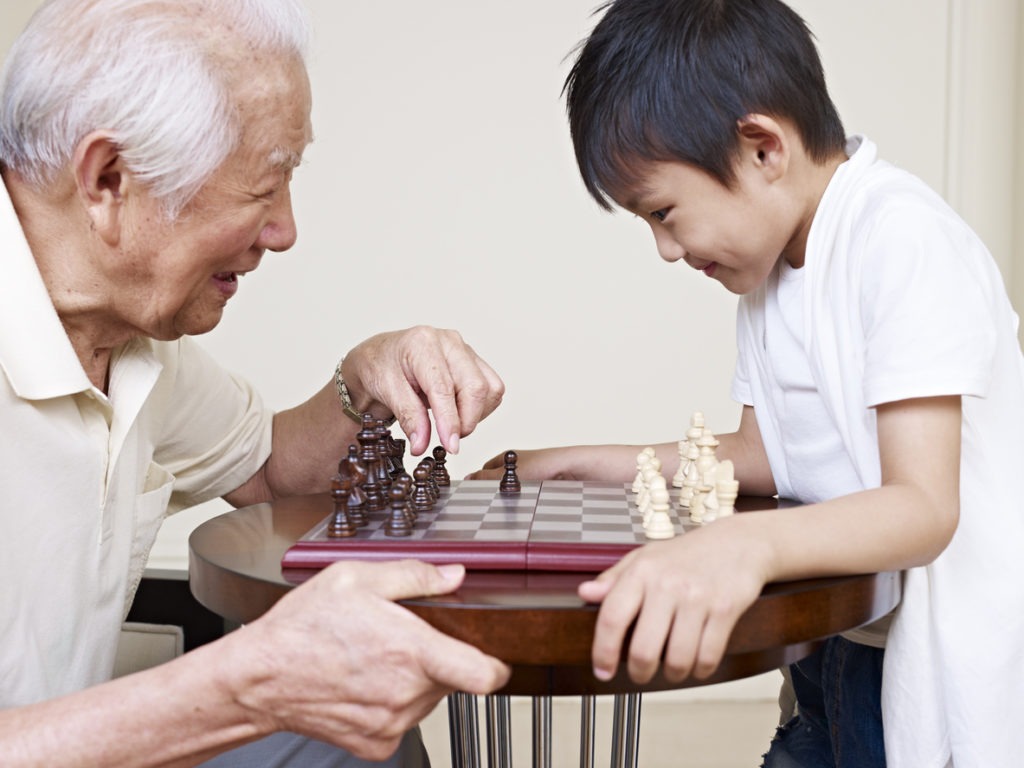
Chess is a mental game in which every move requires careful thought and strategy. Because this game isn’t about moving chess pieces across the board, you’ll need a rudimentary understanding of playing it. Chess is a game that takes time to master; therefore, patience and dedication to studying are required. The rules are easy when you know how to play, and the game operation is entertaining. This article has provided some essential resources for getting started with chess to comprehend the game better.
Online resources for practically everything, the internet has been a fantastic resource. The internet is also utilized to play chess. It can help you become a master of the game if you use it to teach yourself. Chess.com, chesstempo, and lichess all feature instructions to teach you how to play the game properly. You may practice with these sites for an hour or two each day to improve your abilities dramatically.
There are a variety of YouTube channels to pick from if you want to study chess. To learn how to play chess, choose a proper YouTube channel with a presenter who talks appropriately in a language you can understand. The channel should also feature instructional techniques that you find appealing.
- Chess books
Several chess books are available nowadays, and visiting a bookstore will allow you to select your favorite option. These books are inexpensive, so you may buy as many as you want. You may also use the many free copies of chess books accessible online to download chess books.
- Train alongside the experts
To become a master, you must train with the masters, and there is no better way to gain chess experience than to play with professionals. This will offer you a personal experience of the game and allow you to study your opponents’ moves, giving you a better understanding of the game.
Conclusion
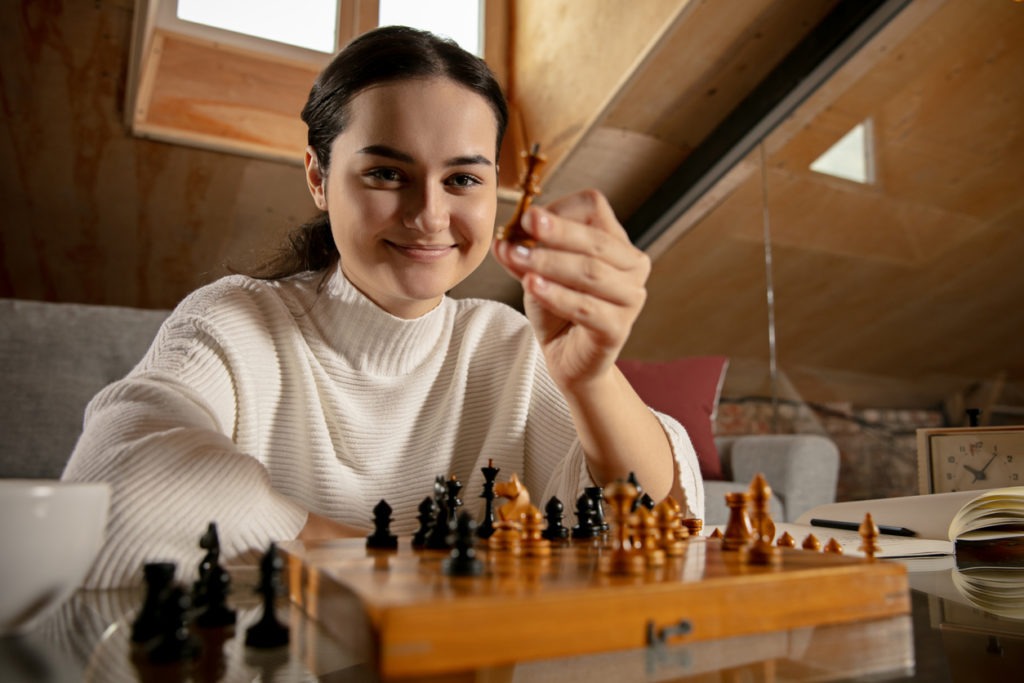
Chess is a pastime that has it all; it may drastically alter your life and help you build a more analytical attitude that you can apply in your everyday life.
Every individual one meet is a piece on the board in the vast game of chess that is life. Chess teaches that no one is irreplaceable, that to achieve greatness, we must occasionally give up what we enjoy, and that there is no win without defeat. Another significant impact that Chess has on our lives is honesty; nothing is concealed on the board in the game, which is an excellent way to conduct your life. When you play the game long enough, you come to know yourself in ways that Buddhist monks can only dream of; you learn your strengths and flaws and how to apply them in everyday life.
Problem-solving, pattern identification, creativity, imagination, and reasoning are only a few talents that chess teaches or enhances. Finally, chess may be entertaining. One of the reasons it’s so amusing is because it’s unexpected; there are so many different ways to play the game, from the very first move to the very last!
